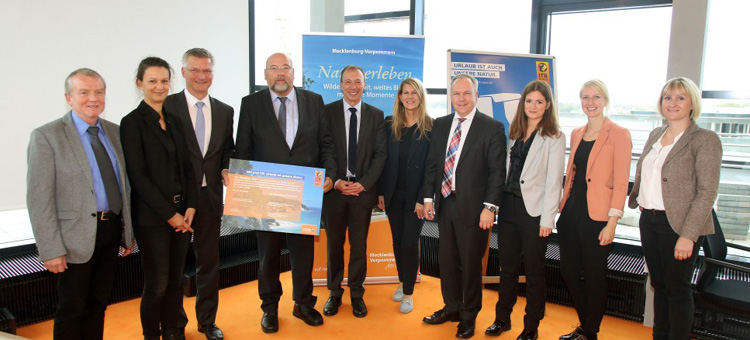Mumbai: The stage is set for the world’s largest travel trade show, the 52nd ITB Berlin 2018, from March 7 to 11. Altogether, the organisers expect around 10,000 exhibitors and organisations from over 180 countries and some 1,10,000 trade visitors to walk in to the 26 halls on the Berlin Exhibition Grounds.
To be held from March 7 to 11, the leading travel show will discuss overtourism, integrating refugees and the financial viability of social tourism
The focus is on Mecklenburg-Vorpommern, the partner region of the show. It is organising the opening event, which for the first time will leave a zero carbon footprint, setting an important trend. Zambia, the Convention and Culture Partner 2018, will focus on the sustainable development of culture tourism and promotion of cultural heritage sites in remote rural areas.
Overtourism, integrating refugees and the financial viability of social tourism projects are some of the key topics that will be examined at ITB Berlin. Experts from around the world will discuss key issues and evolve solutions to give sustainability and responsibility in tourism a voice. “Against the backdrop of climate change, growing ocean pollution, alarming human rights abuses, overtourism and global warming, the need for such a platform has never been more urgent,” said Rika Jean-Francois, CSR officer, ITB Berlin.
Large visitor flows are increasingly posing major challenges, particularly for big cities. Accordingly, overtourism is a topic that numerous speakers will address at the ITB Convention. On March 7 – the ITB Future Day – Margaux Constantin, Associate Principal, McKinsey and Gloria Guevara Manzo, President and CEO, WTTC, will present the latest McKinsey report. On Destination Day 1, based on a survey conducted by the German Society for Tourism Research (DGT) and the Association of Scientific Experts in Tourism (AIEST), representatives of a number of cities, including Barcelona, Amsterdam and Dubrovnik, will present their respective measures to counter overtourism. Sessions will also deliberate on how digital technology can help manage visitor flows.
“The outstanding number of bookings this year underlines ITB Berlin’s role as a driving force and the event mirroring the global tourism industry,” said David Ruetz, Head of ITB Berlin. Demand for places at ITB Berlin is particularly high from Arab countries, Asia and South America. “As it was not possible to fulfill all entry requests for Hall 5.2b, where India is featured and which once again is fully booked, waiting lists have been created,” he said.
Rajasthan with its picturesque palaces will be represented again in 2018, along with numerous co-exhibitors. The State of Jharkhand is a newcomer to the show, as are Earth Routes and many smaller tour operators in this hall, where ayurveda and yoga will be major attractions.
Abu Dhabi has almost doubled the size of its stand, and the displays of Ras al-Khaimah and Fujairah are much larger than last year. Vietnam and Laos will be occupying over twice the floor size of 2017. Japan has also significantly increased its representation. A number of exhibitors, including Thailand, Malaysia, Myanmar and Taiwan, will be welcoming visitors on two-tier stands. “Demand for two-tier stands has never been so high,” said David Ruetz.
The huge prospects that medical tourism has to offer to the global tourism industry will be highlighted at ITB Berlin, which currently features the widest-ranging Gay & Lesbian Travel (LGBT) segment at any trade fair. Newcomers in Hall 21b will include Colombia, New York, Bilbao, Costa Rica and Thailand, which for the first time will be the official ‘presenting partner’ of the LGBT Pavillion. From March 7, ITB Berlin will only be open to trade visitors. In 2017, a total of 10,000 companies and organisations from 184 countries exhibited their products and services to around 1,69,000 visitors, who included 1,09,000 trade visitors.
Destination Reporter will be attending ITB 2018 and filing updates from Berlin. For more details, log on to www.itb-berlin.com or www.itb-convention.com





